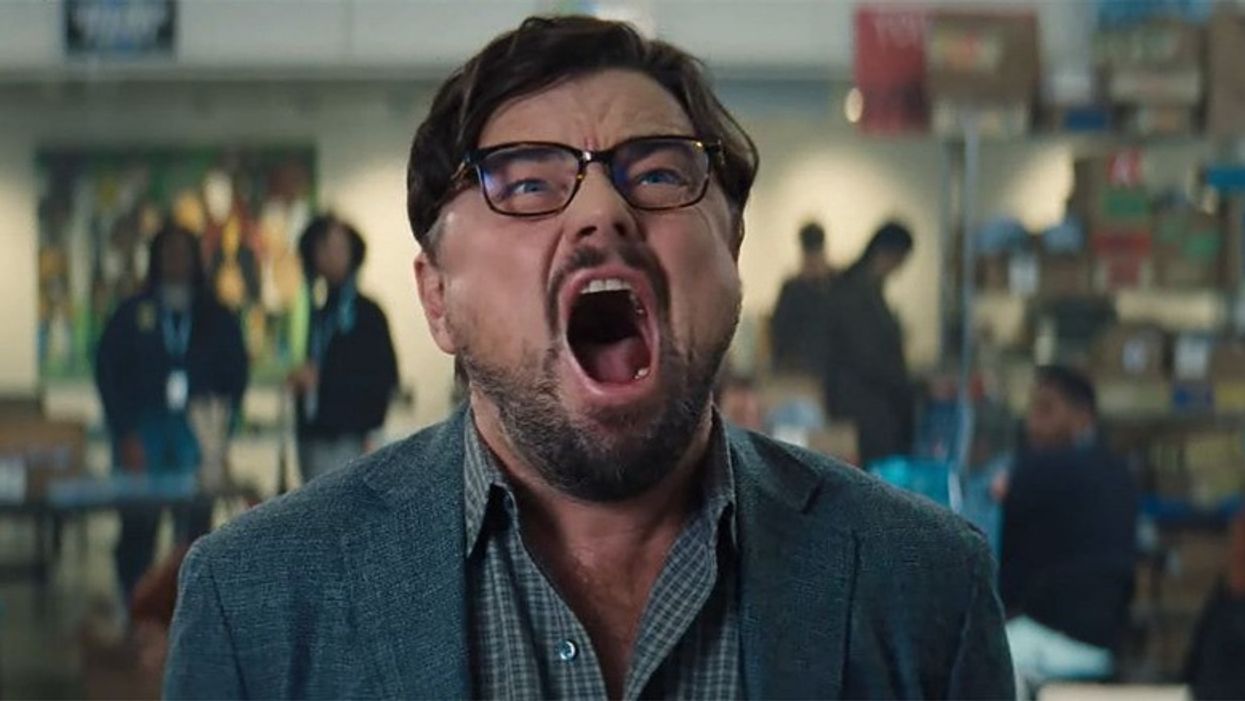Netflix Wants to Make Bigger and Better Movies, but Less of Them
Netflix's new strategy? Bigger, better, and fewer.

For the last few years, Netflix has had a bold strategy when it comes to movies. It made a lot of them. It didn't matter if it was The Irishman or The Kissing Booth, if Netflix thought it would be a hit or an Oscar play on their platform, they made it. They also tried to buy prestige by giving money to auteurs. They were aggressive, and it paid off. When the pandemic came around, they were primed to release new movies every week.
But in the last few years, Netflix has been battling all over the globe to stay relevant and to continue to make money. That came to a head this year, as the platform raised prices, lost subscribers, and has been desperately trying to eliminate password sharing. Their stock, as of writing this, has dropped 44% off its high. Something had to change.
So Netflix is rolling out a new strategy. It wants to make fewer movies—but they'll be bigger and better.
Netflix co-chief Ted Sarandos said on a Spring earnings call, “Just a few years ago, we were struggling to out-monetize the market on little art films. Today, we’re releasing some of the most popular and most-watched movies in the world. Just over the last few months, things like Don’t Look Up and Red Notice and Adam Project, as examples of that.”
These are examples of that and they are indicative of where Netflix wants to go. These are expensive movies that viewers flocked to in droves, according to Netflix's own tracking numbers.
Should we expect a lot for blockbusters? The answer is no.
Right now, according to The Hollywood Reporter, the idea is to really pare down what they're working on, making room for mid-budget movies as well as blockbusters. They want quality, movies people talk about, that have stars in them. While The Gray Man cost $200+ million, that's not going to be the case for all their stories. Instead of making three $10-million movies and hoping one hits, they'll make one $30-million movie with the best screenplay. And hope that quality reigns supreme.
Of course, blockbusters are ways to drive growth. Netflix is spending a premium on the Knives Outsequels, which they think will bring additional subscribers to the service. And we've covered the commercial option, where they add a cheaper plan that also has native advertisements, which seems to be getting adopted by many streaming companies.
So what does this mean for filmmakers?
Well, Netflix used to seem like a haven for auteurs who wanted to have their vision hit the screen.
But if your vision isn't going to be a commercial success, I would kiss that dream goodbye. They're not making money taking those risks, and they didn't make it winning any awards or being nominated. Now, it's all about quality that translates into viewership.
If you are a commercial filmmaker who has a great screenplay, Netflix might be the right spot for you. But you may need star power or a few movies under your belt to have them bet on you.
Let us know what you think in the comments.













